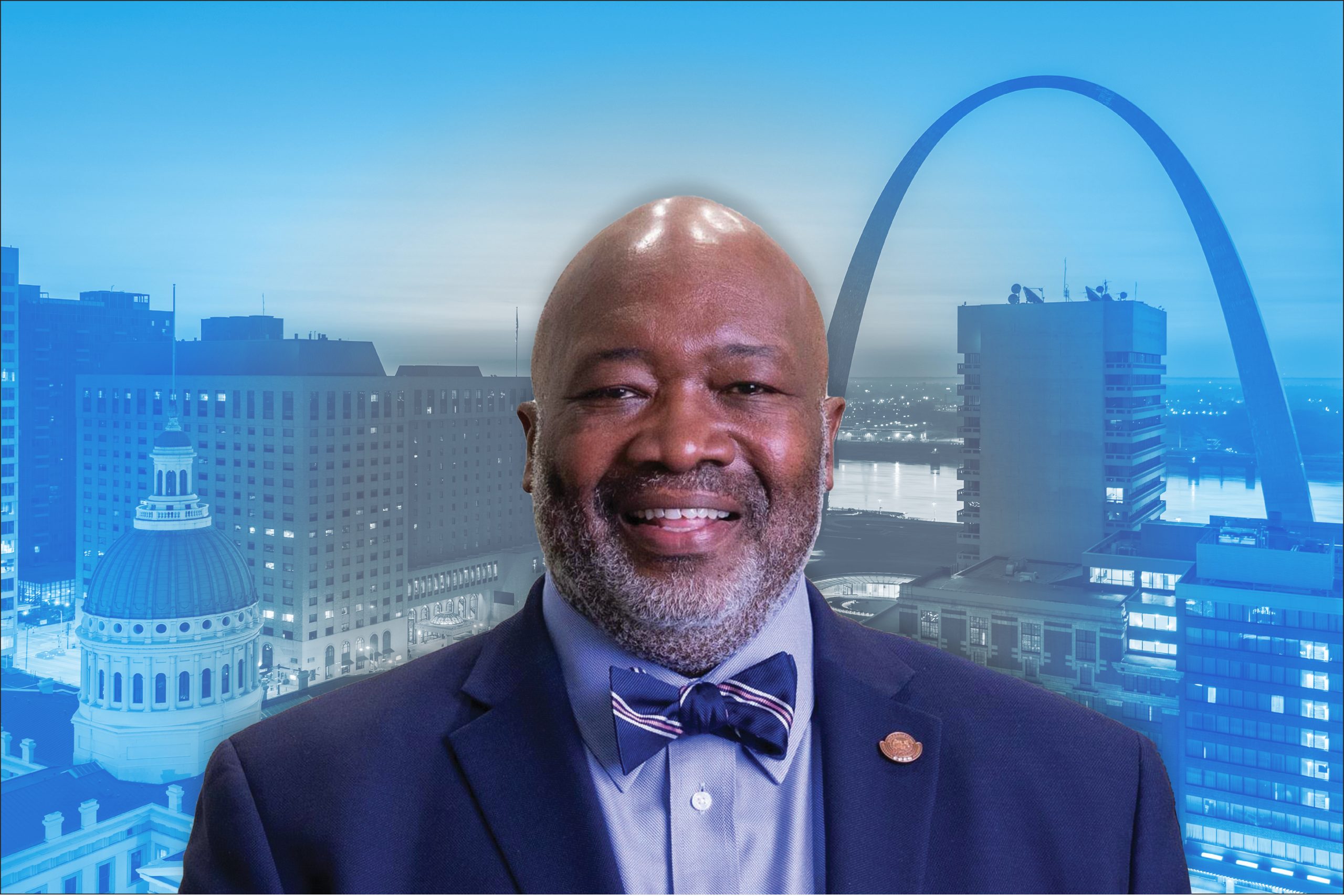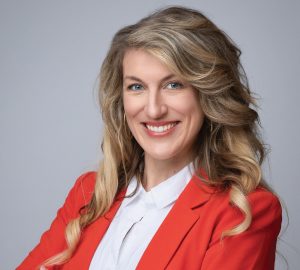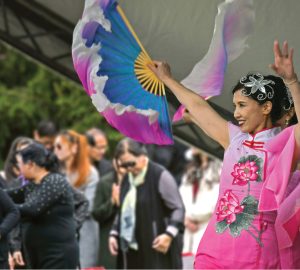When Flint Fowler, Ph.D., joined the Boys and Girls Clubs of Greater St. Louis (BGCSTL) in 1996, the nonprofit had a single location. In his role as president, Fowler dedicated himself to growing the organization and finding the best ways to reach local youth. Today, the nonprofit serves almost 14,000 children and their families at 11 locations in Missouri and Illinois. Fowler has announced he will retire at the end of the year. T&S caught up with him to discuss his legacy and what
he’s taking away from his time with BGCSTL.
What brought you to the BGCSTL in 1996?
Youth development was the focus of most of my career. I worked with the Boy Scouts, and I ran Saint Louis University’s Upward Bound program and INROADS. The former was focused on preparing high school students for college, and the latter worked on connecting minority youth with careers in industries where they were historically underrepresented. My goal was to help young people prepare for their future. My name came up as a prospect to head BGCSTL, and I followed up on the opportunity.
How does it feel to see how the organization has grown during your tenure?
It’s terrific. Access is so important when it comes to helping youth realize their potential. With only one location, BGCSTL wasn’t able to touch as many lives because people had to come to us to participate. By expanding, we could reach those who previously did not have the opportunity to get involved. Our expansion also raised awareness of the importance of investing in young people, especially outside of school.
What changes have you seen in St. Louis and its nonprofit sector over the last 28 years?
There is a higher degree of respect for the nonprofit community. Historically, we have not been seen as equal. There was an assumption that nonprofits don’t have the skills or knowledge to be successful in the
for-profit world. In reality, everything from the complexity of the business to the technology we utilize requires nonprofits to operate with a level of sophistication that is unique, and now, there is more respect for that. There also is a greater appreciation and awareness of the role that we play in the overall well-being of children. Education plays a large part in character development, but we can’t expect schools to handle everything. Nonprofits have become a more valuable community asset in supporting schools and filling any gaps. This has led to greater appreciation for community partnerships between organizations. Having proven our impact, the expectations for us to deliver have been heightened.
What lessons are you taking away from your time with the organization?
The well-being of children is critical, and it is a societal responsibility. Parents have the basic obligation, but there is a role for us all to play. Our priorities are usually identified by the money we invest, whether that’s through policies or practices. The investment that we make in youth today will pay tremendous dividends in the future. Frederick Douglass once said, “It’s easier to build strong children than to repair broken men.” Sometimes, we don’t realize what we lose when we don’t support young people—not only in terms of dollars, but also in talent and contributions to society.
What would you say is your greatest achievement with BGCSTL?
Elevating the profile of the organization, and by doing so, highlighting the importance of investing in our kids. Boys & Girls Clubs has a strong national brand, and locally, we have established ourselves, so people see us as a viable entity. It’s tied back to the growth, both in locations and budget. I’m proud to have helped build the reputation of the organization so it can impact more kids.
What advice would you give your successor?
Build on the relationships that have been established, but don’t be afraid to try new things or do things your way. Don’t automatically take apart what has already been built. Instead, look at how you can improve it. Take some time to fully understand and appreciate what is in place and the people who have helped make it happen. Use that as your platform to make it even better.
What are you looking forward to about retirement?
It’s an opportunity to use my skills and relationships in new places to further strengthen the region and improve opportunities for everyone. Not contributing is such a misuse of experience and talent. I think it should be expected that I use my success to help others. I’m looking forward to that and a good night’s sleep.
Pictured at top: Flint Fowler, Ph.D.
Photo courtesy of Boys & Girls Clubs of Greater St. Louis








